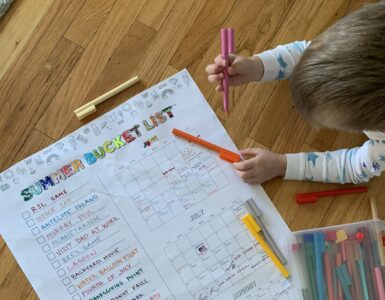D. Wright, Public Relations Specialist with Murray School District, shares a few helpful suggestions to help students get “back into school” with post-holiday goals.
___________________________________________________________
All holiday breaks “are not created equal.” Most educators seem to agree that coming back after the New Year is a great deal different than starting up school in the fall. Students are often ready to get back into their routine again; and as they are not facing the fears of uncertainty that accompany school start-up and know mostly what to expect, it is usually a more comfortable situation to face.
Teachers have often completed their end-of- year wrap-up with promises of new study units, classroom themes and challenging events. In fact, the late winter and spring terms usually find many contests, science fairs and other competitive challenges in full force. Some students thrive on these opportunities, and for those who don’t, hopefully ways to “participate without pain” may be found through teachers and parents working together.
Any new beginning is a good time to work on goal setting. Research on Goal Setting has found a couple of interesting parallels:
• Underachievers either had no particular goals, or if they did, aimed impossibly high.
• Achievers, by comparison, set realistic, attainable goals that were related specifically to their school work and extra-curricular interests.
Setting goals appropriately seems to be a real key in attaining the desired result. Specific goals are far more effective motivators than general ones, such as “Do your best.” Here are some suggestions for helping your student find success in learning to set goals:
1. Define the goal and be specific!
When it comes to goal setting, smaller, achievable goals that may be accomplished quickly help with staying motivated. It is very important to WRITE GOALS DOWN and look often at the list.
2. Outline the exact steps needed to achieve the goal.
Break each step down into small manageable tasks. As success is gained through achieving smaller goals, more difficult and larger, longer-term goals may then be pursued.
3. Consider possible blocks and ways of dealing with them.
Make sure the goals are realistic and then have a Plan B already in your mind for when there are inevitable interruptions.
4. Set deadlines and plan rewards for successful completion.
Nothing motivates like “having to get something done by a certain date” … unless it is getting a reward that you really, really want by meeting your goal.
Remember: “A goal without a plan is nothing but a wish.”















Add comment